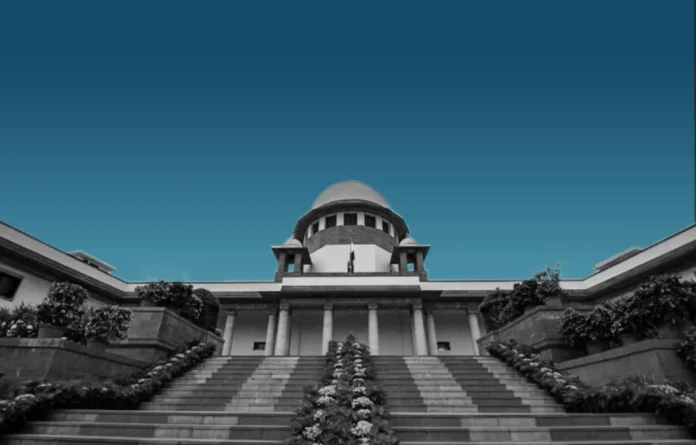Senior Advocate Abhishek Manu Singhvi has showered praises on the Supreme Court Collegium for taking up initiatives to reform the appointment process for judges to the Constitutional courts in India.
As per reports, the Apex Court Collegium, headed by Chief Justice of India Sanjiv Khanna and comprising Justice BR Gavai, Justice Surya Kant, Justice Hrishikesh Roy and Justice Abhay S Oka as members, recently decided that close kin of current or former judges should not be appointed as judges of High Courts.
The Collegium has reportedly started interacting with the candidates recommended by different High Courts for elevation to the Bench.
Posting a message on X (formerly Twitter), Singhvi said the two proposals, though seemingly radical, were good and should be implemented sooner rather than later.
The Member of Parliament (MP) said the reality of judicial appointments was much murkier and more non-objective than originally conceived. Mutual backscratching, uncle judges and family lineages demoralised others and brought disrepute to the institution, he noted.
Singhvi, however, said that it was easier said than done. Till now, the judiciary has not been able to even ban lawyers practicing in the same High Court as judge relatives. Time and again, the system has proved stronger than desirable impulses for reform, he posted in another tweet.
He recalled his earlier suggestion that Collegium judges, as part of the evaluation process, should watch the candidates in action in courtrooms.
He said decades ago, he wrote that Collegium judges should disguise themselves and sit in courts of those judges being considered for elevation or lawyers in action before elevation, much like some sultans used to do in ancient times to learn about the real problems of their kingdom.
He further applauded the Collegium’s decision to interact with the candidates under consideration for judgeship, stating that everybody would be astonished (and scared) at the hiatus between the Curriculum Vitae (CV) & reality, and between paper appraisal & court performance.
He said although the interview process proposed currently was not as good as his suggestion, at least it was the second best. Surprise checks in disguise, however, were not entirely unrealistic, he added.


